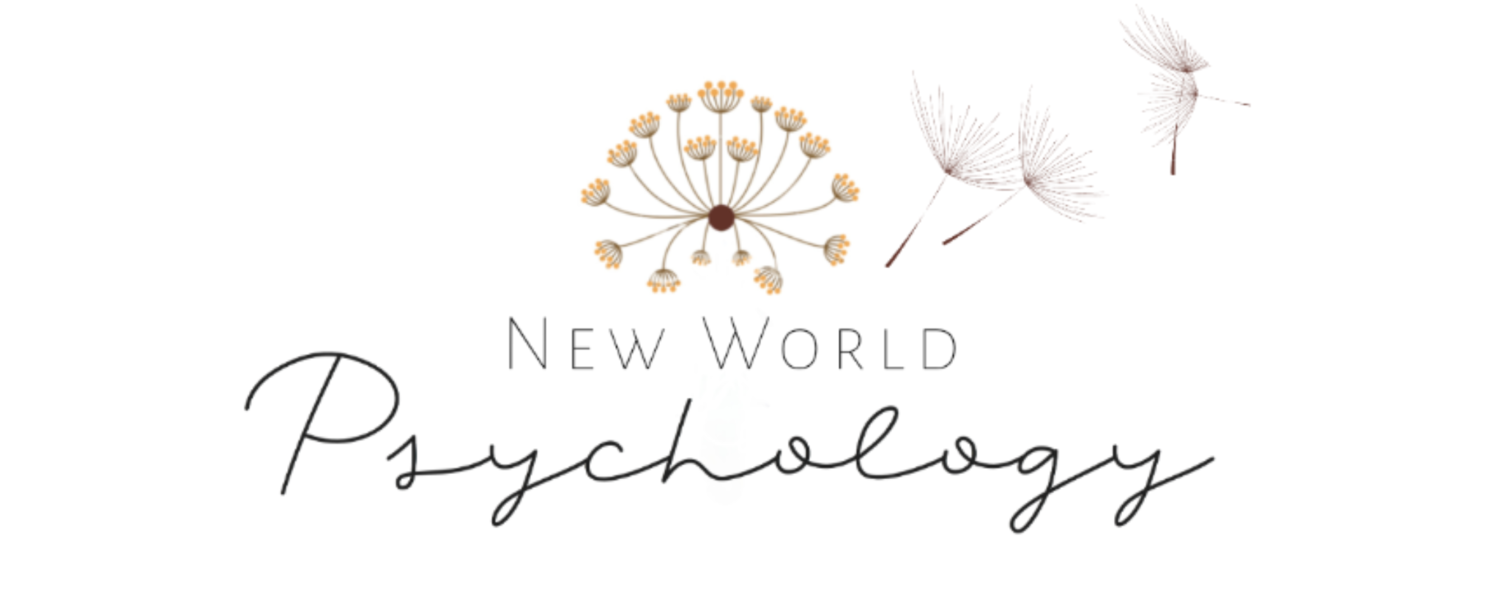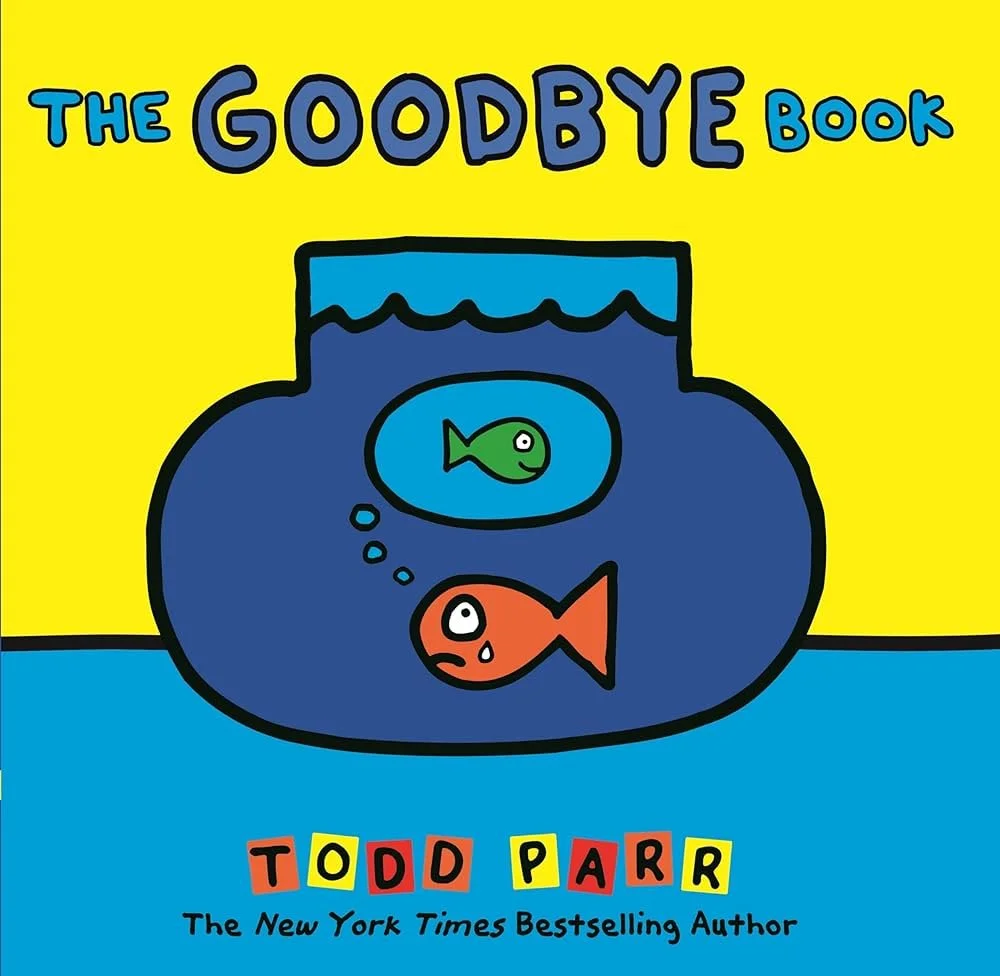
Early Childhood Grief and Loss
“Children are often the forgotten grievers.”
— David Kessler, Author
Losing a loved one is one of the most difficult life experiences someone can endure. A loved one can include a special family member, a cherished pet, or even an entire system, for example a divorcing or moving. Children also experience loss and grief, yet can display their symptoms differently than adults. At times, this can cause them to go unnoticed.
What does childhood grief look like?
Bereavement looks different in every individual. Some symptoms can include: sadness, anger, disruptive behavior, aggression, fearfulness, excessive worry, appetite changes, sleep disturbances, nightmares or night terrors, social or emotional withdrawal, developmental regression, numbness, difficulties concentrating, dependency, restlessness, difficulties learning, self harming, and bullying. These symptoms can arise immediately after a loss or even some time after experiencing a loss.
Support is needed.
Bereaved children are at an increased risk of disrupted development. Unsupported childhood grief can lead to difficulties in academics, mental health, behaviors and development. Research also suggested that unattended childhood bereavement decreases one’s life span.
There’s hope.
Interventions such as play therapy, art therapy, talk therapy, and family therapy have been shown to dramatically increase the well being of children and their families.
How can we help?
We want to support you, your child, and your family through this difficult time. We offer various services to help fit your specifics needs and goals. We are empathetic, warm, and well trained to provide you with what you need to heal and thrive.
Clinicians with this specialty:
Margot Materer, MS, LCSW
Recommended Children’s Books:

Get in touch.
Contact us for a free 20 minute phone consultation.







